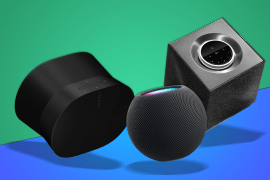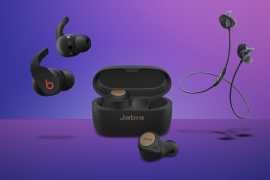Sony WH-1000XM5 review: making the best, better
Can the top noise-cancelling headphones of the last few years be topped by their successor? You're about to find out
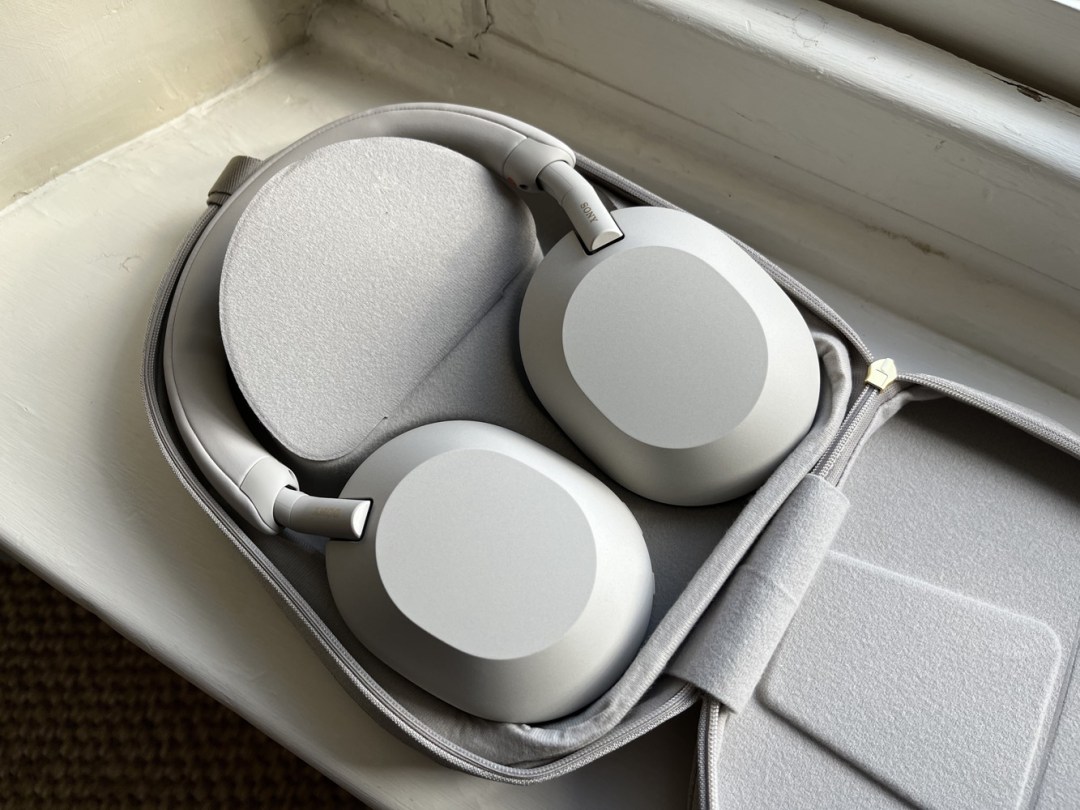
Stuff Verdict
An unrivalled combo of great sound, noise-cancelling and comfort.
Pros
- Superb sound quality
- Top-drawer noise cancelling
- Great redesign
Cons
- Ever-so slightly less premium feel
- They don’t fold
- ‘Speak to chat’ only moderately useful
Introduction
The previous version of Sony’s top-tier noise-cancelling headphones were so good that nothing could displace them from the number one spot on Stuff’s best over-ear headphones list. The WH-1000XM4 had an impressive stint, but there’s always room for improvement. Does the WH-1000XM5 up the game, or merely fiddle with a winning formula a bit?
At launch a pair would set you back $399/£380, making them a step up from their predecessors. Regular deals have driven that price down a bit, but these still undeniably sit at the premium end of the headphone spectrum. The Bose Noise Cancelling Headphones 700 remains a natural rival, but there are plenty of others such as the Sennheiser Momentum Wireless 3, B&O’s Beoplay HX and for more money, Apple’s AirPods Pro Max.
Review originally posted on 14 September 2022.
How we test headphones
Every pair of earphones and headphones reviewed on Stuff is used for a minimum of a week’s worth of daily listening. We use a playlist of test tracks made up of multiple genres to assess sound, and use our years of experience to compare to other models. Manufacturers have no visibility on reviews before they appear online, and we never accept payment to feature products.
Find out more about how we test and rate products.
Design and comfort


After years of similar designs, Sony has really shuffled the deck this time around. The WH-1000XM5 are smoother now, with soft curves instead of angular edges. They’re almost exactly the same weight as before, though, so feel light both in the hand and on your head. I barely experienced any headphone fatigue after wearing them for long periods.
It’s great to see Sony use recycled plastic material for the earcups (it’s the same stuff found in the Sony LinkBuds and LinkBuds S). The headband is made from synthetic leather, too. Metal bands are out for the headband, replaced by plastic sliding sections. Nothing here feels cheap, but I’d argue some rivals look more premium.
But the competition isn’t as comfortable to wear as these. I still needed a break from wearing them after a long haul flight, but the experience was much improved over doing the same with a pair of Apple AirPods Max. They’re also very comfortable to wear with one earcup off the ear should you need it.
But there has been a change in the way they fold, or rather don’t fold. They simply sit flatly in the case. The case is rather nice and wedge-shaped; it’s as big as it needs to be and no more, but fans of folding headphones won’t be too happy with what’s happened here. The case has a little enclosure for the USB-C and 3.5mm cables (sadly not colour coded to my test set) and zips shut.
There’s no water resistance on offer, but that’s pretty standard for headphones like these, of course.
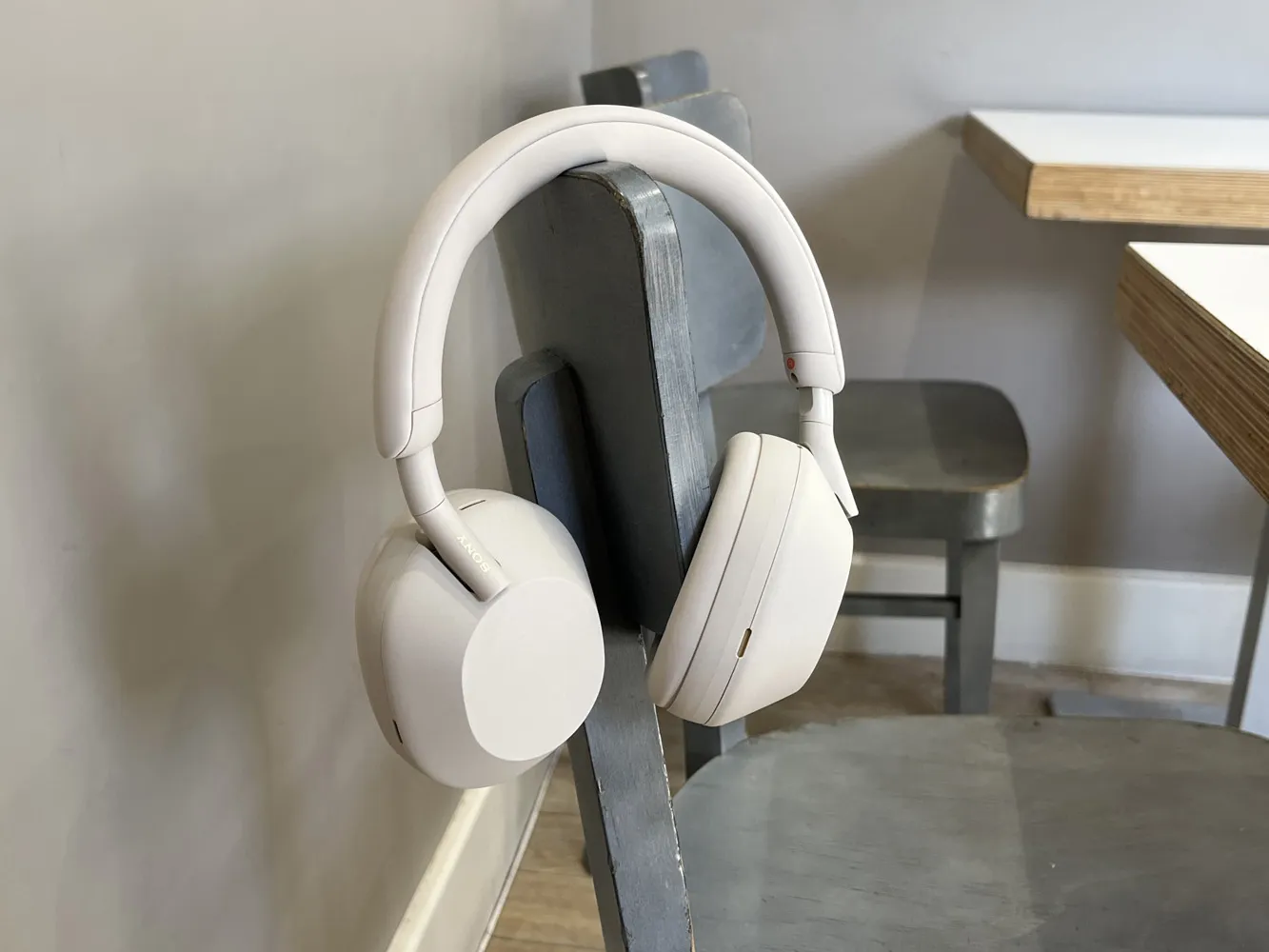
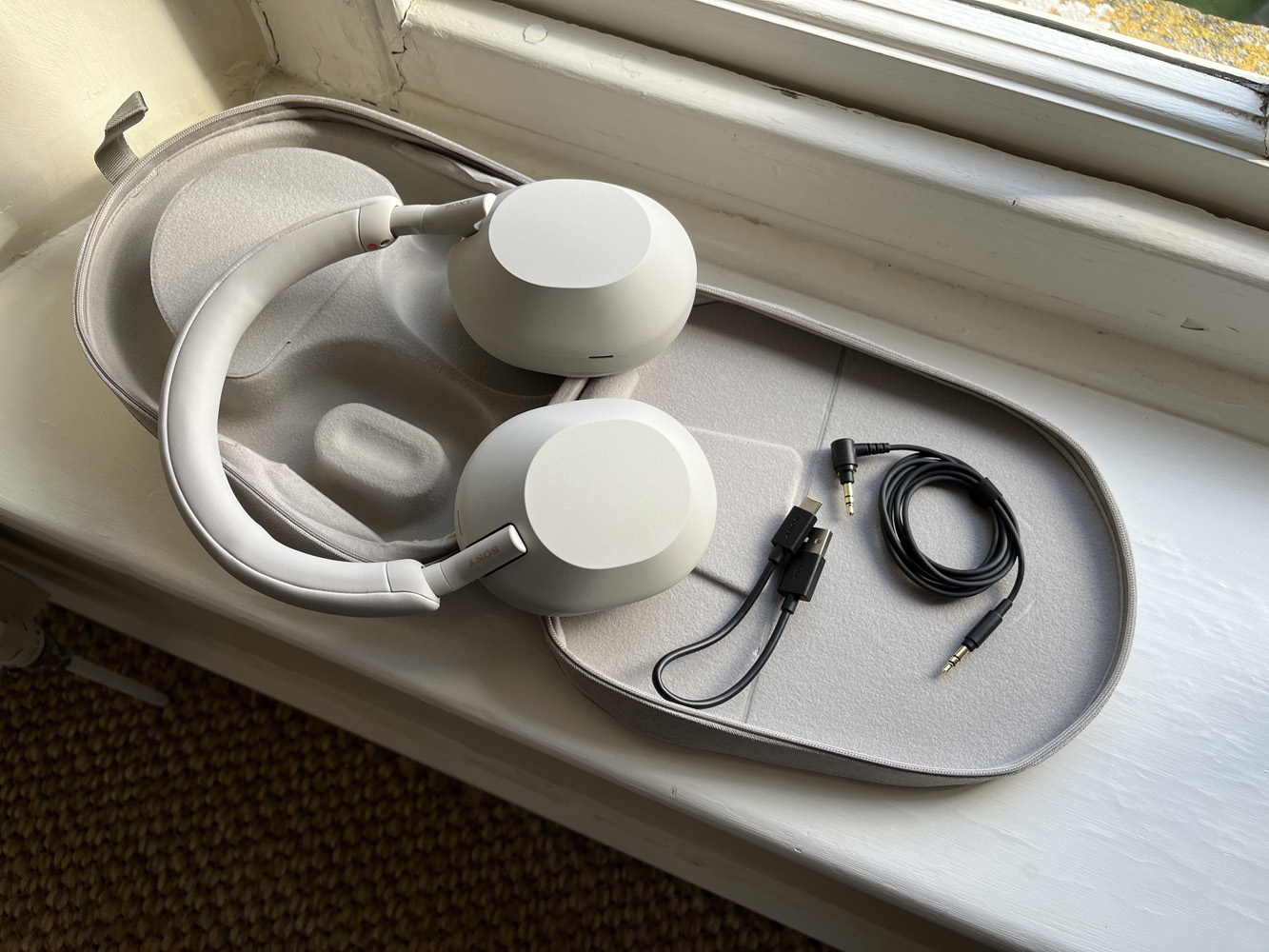
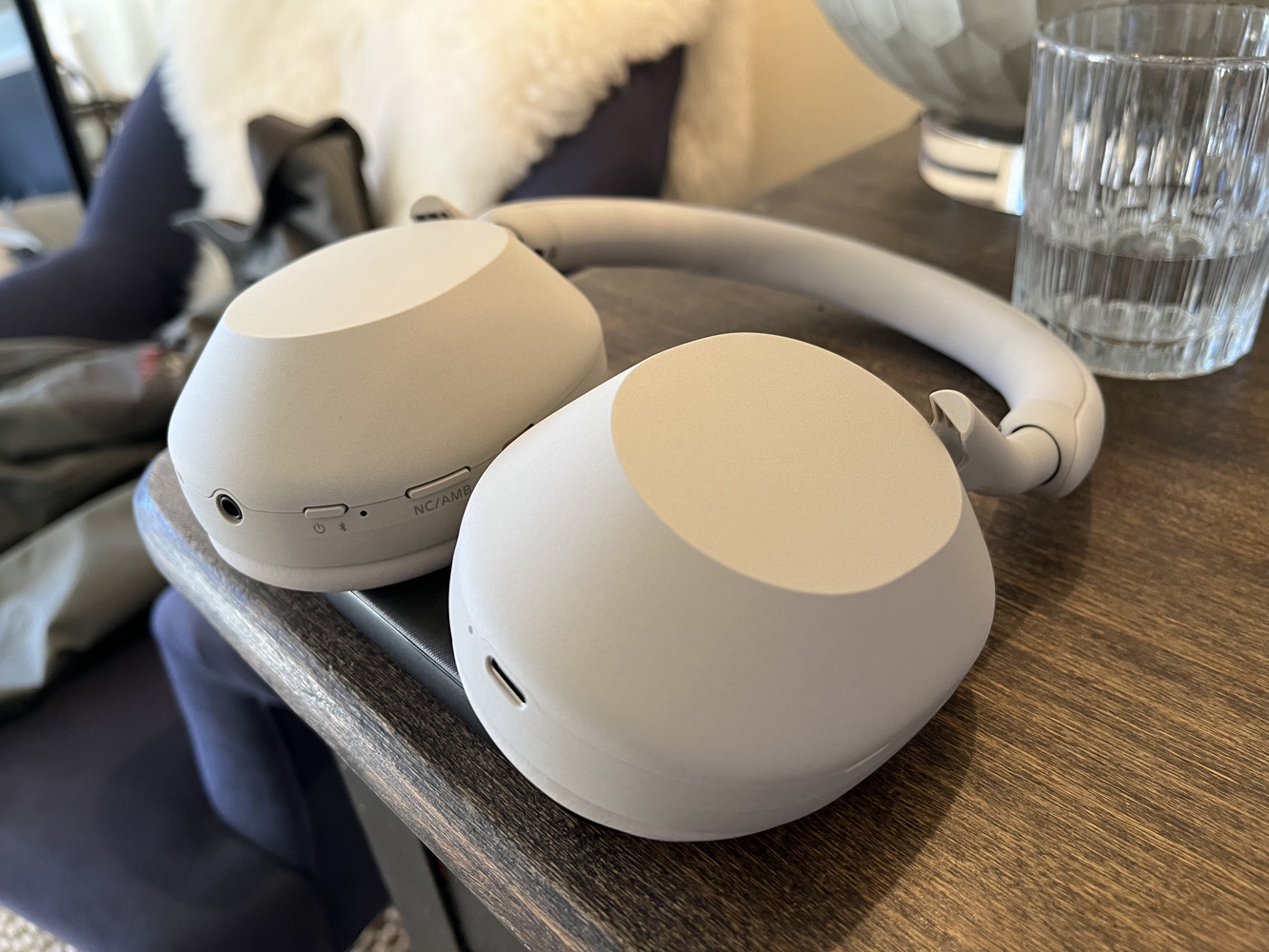
The on/off button and ANC control are on the left earcup and as always, I don’t like the way they’re so close together. Walking down the street or similar, it’s hard to always hit the right spot.
Sound quality and noise cancelling
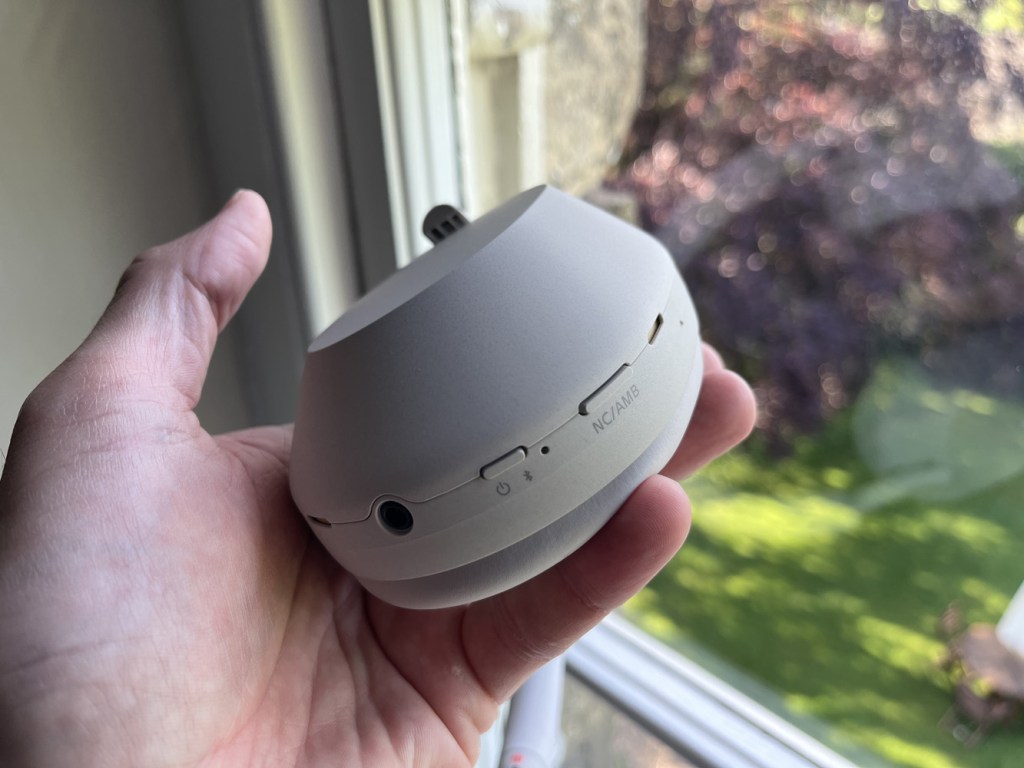
What I wasn’t expecting from my time with the Sony WH-1000XM5 was quite how impressive they sounded; there’s even greater clarity than the previous generation. It’s really rather striking given the brilliance of the WH-1000XM4s. The sound reproduction is beautifully precise.
Key to the quality is a change in the driver used. Gone is the 40mm driver, replaced by a carbon fibre-composite 30mm version designed to be lighter.
The noise-cancelling remains absolutely best-in-class in environments like trains or in a crowd. Sony has worked further on the noise-cancelling tech at higher frequencies, using the same processor as on the super WF-1000XM4 earbuds. No longer do you have to prompt the headphones to optimise your noise-cancelling – now the Sony Headphones app auto-detects your environment (Adaptive Sound Control), for example, if you’re walking.
I was sceptical, but it works well. I found the ANC very effective on a long haul flight, being genuinely surprised when taking them off to compare against ambient sound.
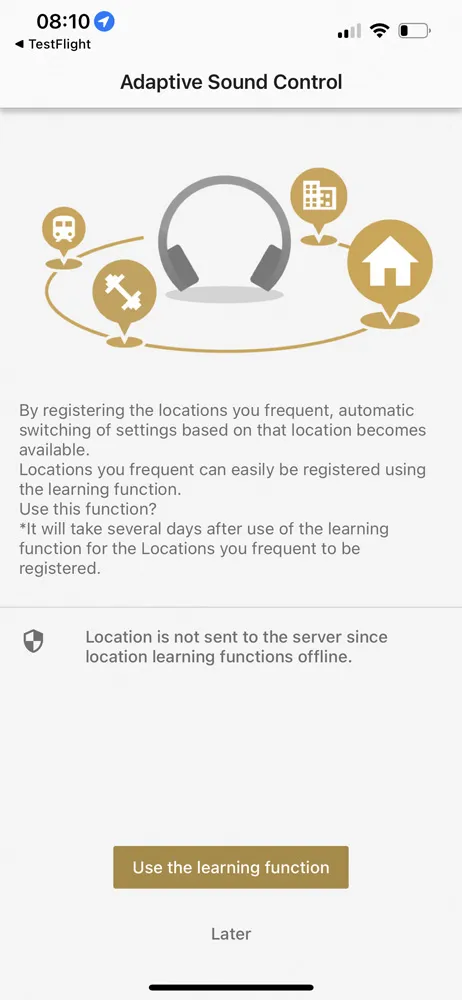
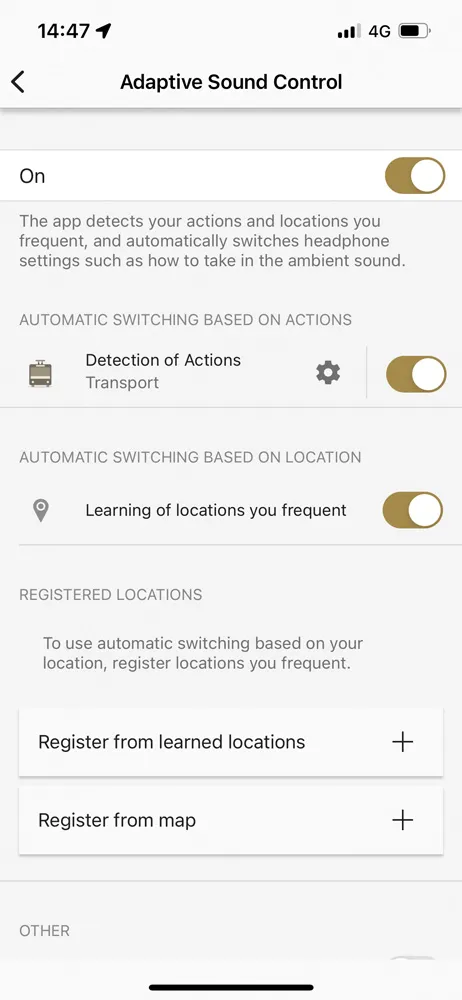

You can, of course, use the earcup ANC button to flick into the ambient-aware mode, too. Although fairly utilitarian in design, the Sony headphones app is actually pretty good at what it does and it’s reasonably easy to get set up with it.
Features & battery life
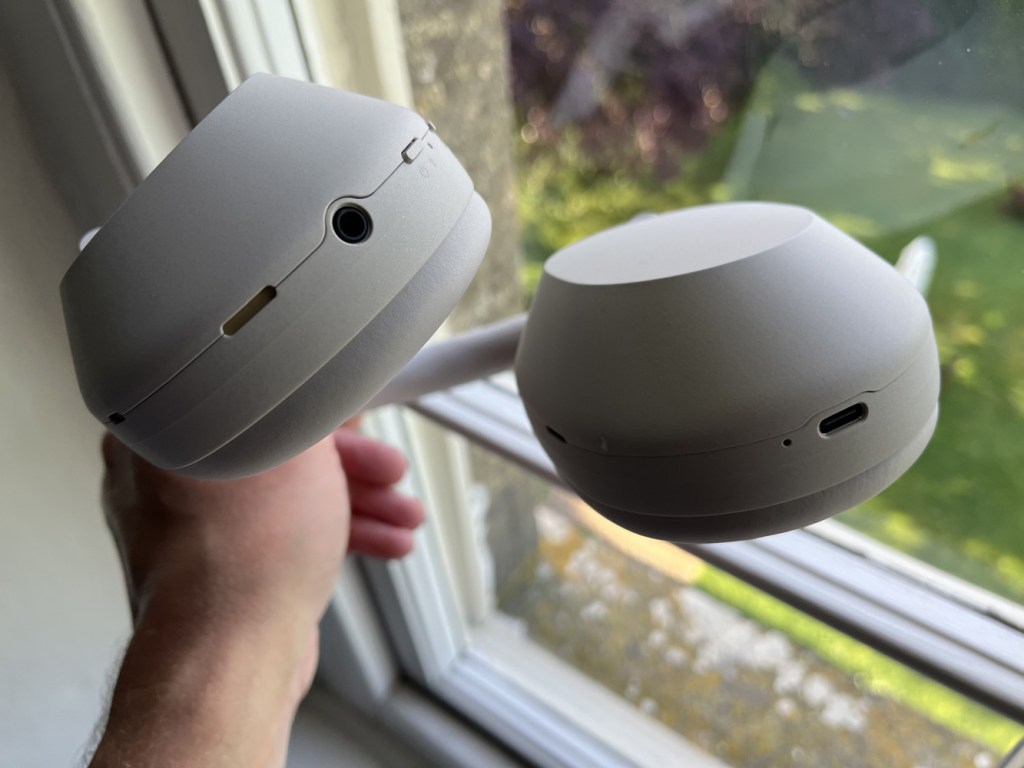
There are some other clever smart features, too. The auto play/pause feature when you take them on and off works flawlessly while covering the right earcup with your hand invoked ‘speak to chat’ where ambient mode is invoked when you start talking.
There’s still a slight – and understandable – delay after you begin talking. To be frank, it does mean you often still remove the headphones in this scenario. That’s a shame, but technology is still no substitute for practicality in this instance. There’s also the simple fact that you don’t want to be rude to people when talking to them with largeish cans attached to your head. As we say, you’ll still find you take them off to talk to people, especially if they’re strangers.
Plus, like Sony’s other recent headphones there’s also full support for Sony’s 360 Reality Audio format which is supported by some streaming services such as Tidal and Deezer. Plus, there’s also support for Amazon Alexa and Google Assistant, though the latter is Android-only. They’ll also work with Google Fast Pair if you’re on Android.
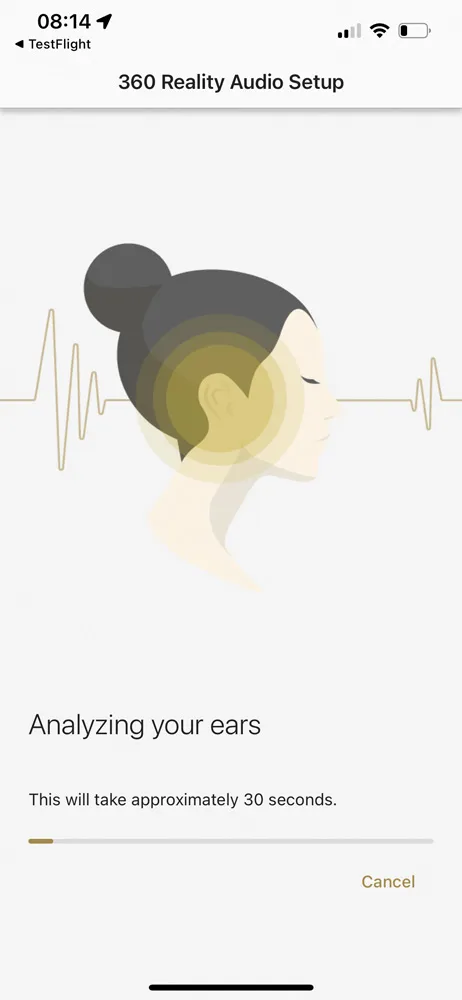
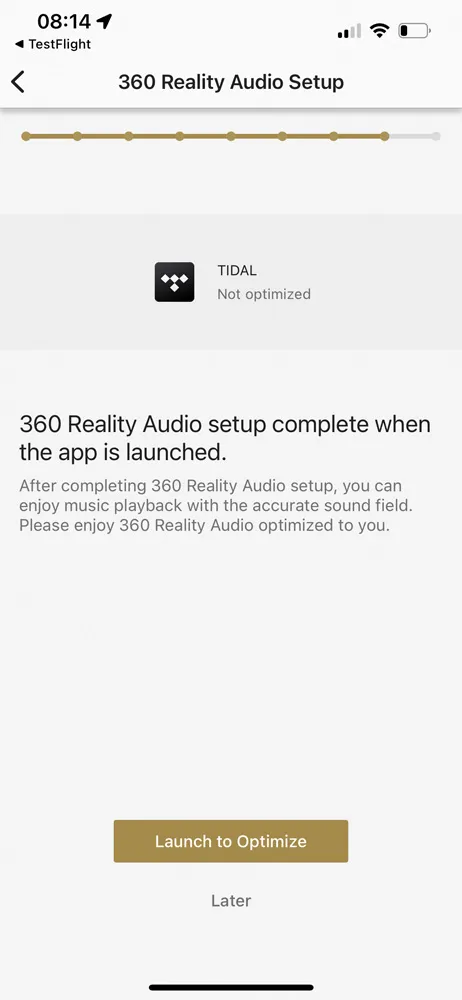

The WH-1000XM5 will also happily work with two devices, too, so you can have them connected to your laptop for a video conference but you also get calls on your mobile. Call quality is excellent as if you were in any doubt.
I found Sony’s battery life claim was almost entirely on the money. To get 30 hours per charge you’ll need to stay sensible with the volume dial, but there’s not a long distance flight on earth that these won’t be able to outlast.
Sony WH-1000XM5 verdict
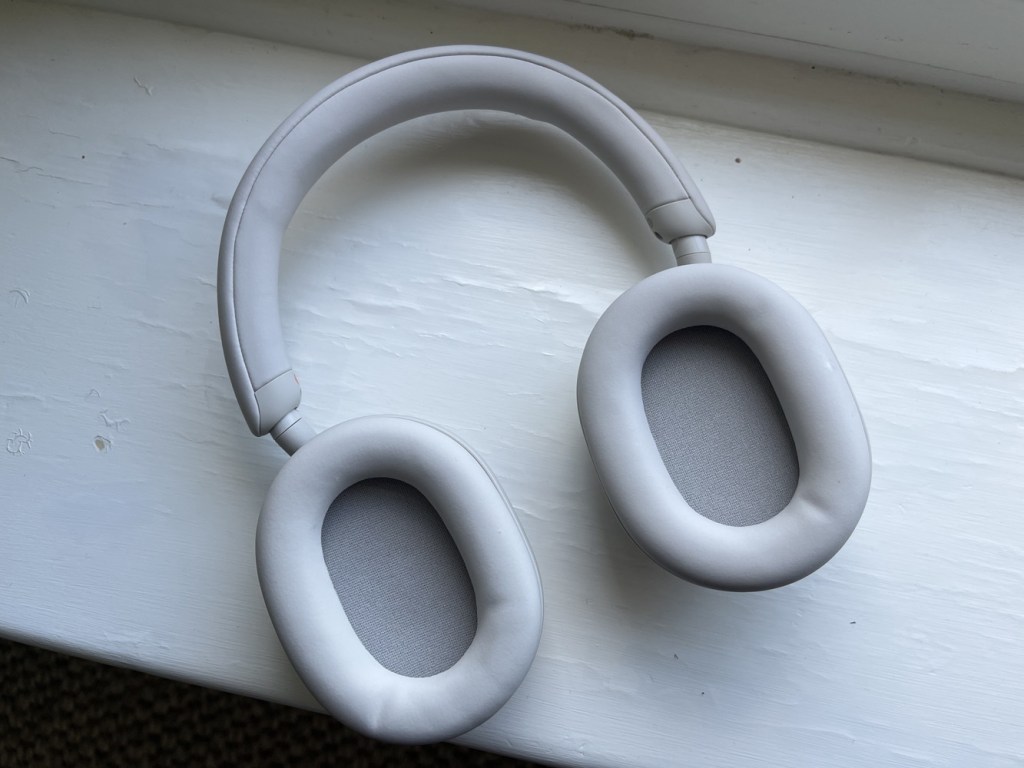
What a mighty fine concoction this is. I was gutted when Sony came knocking for their return. Importantly, they’re an improvement over the predecessor models and represent great value, even with a price hike.
Any negatives are just minor quibbles, really. The simple fact is that these are the best noise-cancellers around by almost every measure. You really won’t regret buying them.
Stuff Says…
An unrivalled combo of great sound, noise-cancelling and comfort.
Pros
Superb sound quality
Top-drawer noise cancelling
Great redesign
Cons
Ever-so slightly less premium feel
They don’t fold
‘Speak to chat’ only moderately useful
Sony WH-1000XM5 technical specifications
| Drivers | 30mm |
| Codec support | SBC, AAC, LDAC |
| Connectivity | 3.5mm, USB-C |
| Battery life | 30hrs with ANC on |
| Weight | 250g |
| Colours | Black and platinum silver |




